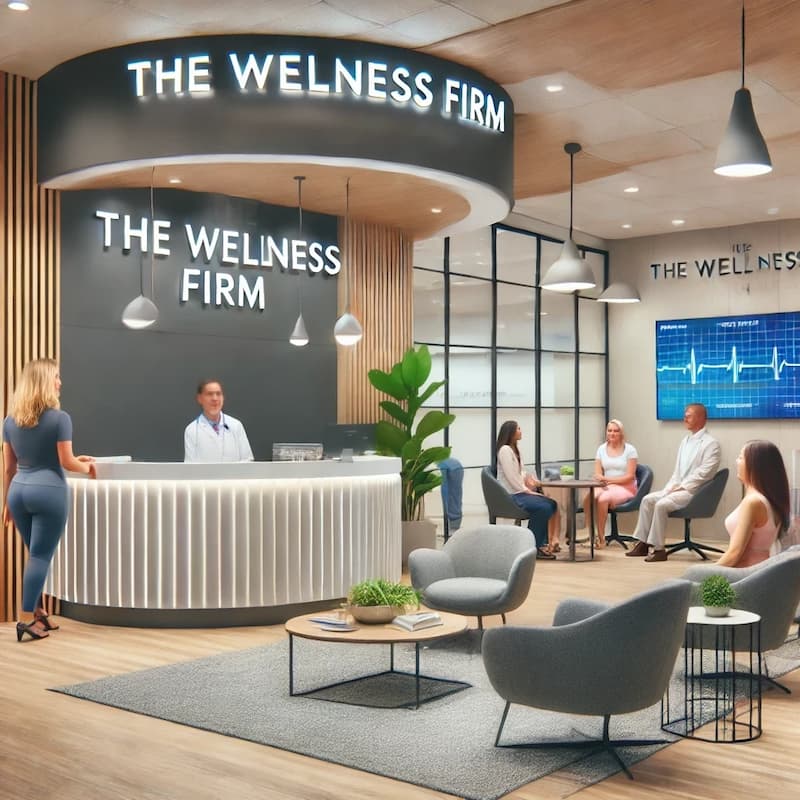

Quarantining for omicron is a strategy to prevent the transmission of COVID-19. It keeps people in close touch with COVID-19 from being exposed to others. The Wellness Firm suggests quarantining for omicron a must for employees, and everyone to lower the infection rate globally!
Quarantining for Omicron is not needed if you were in close contact with COVID-19 patients if:
For 10 days, you should wear a well-fitting helmet around people with COVID-19. (The date of the last contact is day 0). Have your test within 5 days of last close contact with someone suffering from COVID-19. If you develop COVID-19 symptoms or test positive, it is important to isolate yourself from others and follow the Isolation recommendations.
If you have been tested positive for COVID-19 using a virus test in the past 90 days, and you are still healthy and not experiencing any symptoms, then you don’t need to quarantine.
You should quarantine anyone who comes into contact with someone suffering from COVID-19. This applies to all people, even those who have not been vaccinated.
The CDC recommends a 10-day quarantine period for all residents in certain congregate settings where secondary transmission is possible. This includes homeless shelters, correctional and detention facilities, and cruise ships. Facilities may shorten the quarantine period to allow staff to continue working during times of staff shortages. These settings require that decisions to reduce quarantine should be made in consultation and consideration of state, local, tribal, and territorial health departments. Additional recommendations are provided by the setting-specific guidance of the CDC.
Isolation can be used to distinguish people with confirmed or suspected Omicron from those who don’t have it. Individuals who are sick or in isolation should not be allowed to go out until they feel safe. Anyone with a virus or illness should stay at home and wear a well-fitting mask whenever they are around others. If possible, isolates should be kept in their own “sickroom” or designated area.
Anyone with COVID-19 symptoms should remain at home for five days. Day 0 refers to the first day of symptoms, or the date on which the positive viral test was performed for those who are asymptomatic. For an additional five days, they should wear a mask around other people at home and out in public. Individuals who have been diagnosed with COVID-19, or show symptoms of it, should be isolated regardless of whether they are vaccinated. This includes:
Antigen tests should be repeated at least twice in a three-day span, with at most 24 hours and not more than 48 hours between each test. This will improve the results.
Covid will continue to rely on testing as a key part of pandemic management. If you suspect you may have been exposed or feel you are at risk, you should get Covid testing in St Pete. You can also schedule Covid testing in St Petersburg FL with a local provider and get more information on quarantining for omicron by contacting us today.
Copyright© 2024 The Wellness Firm. All Rights Reserved.